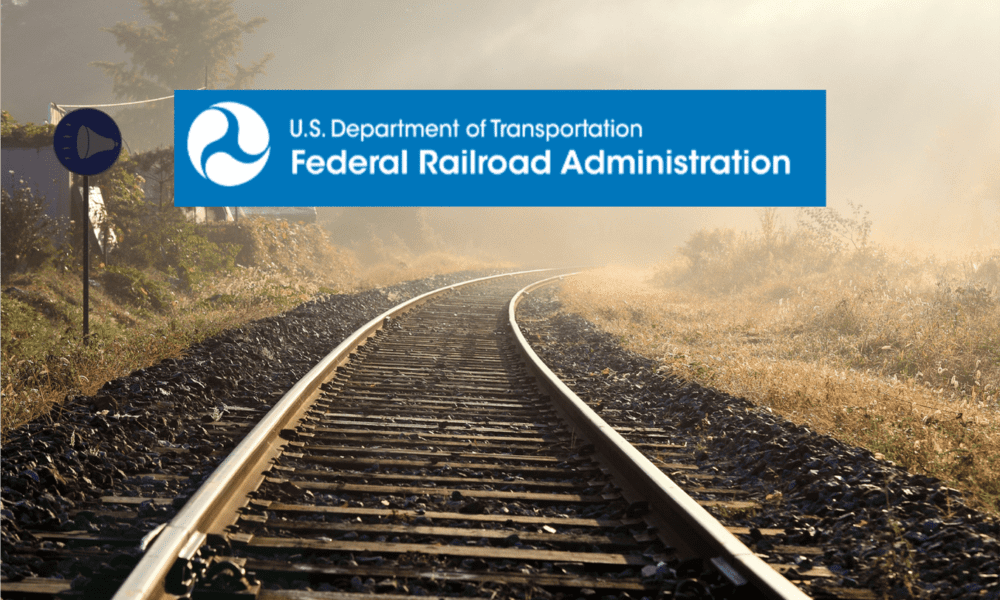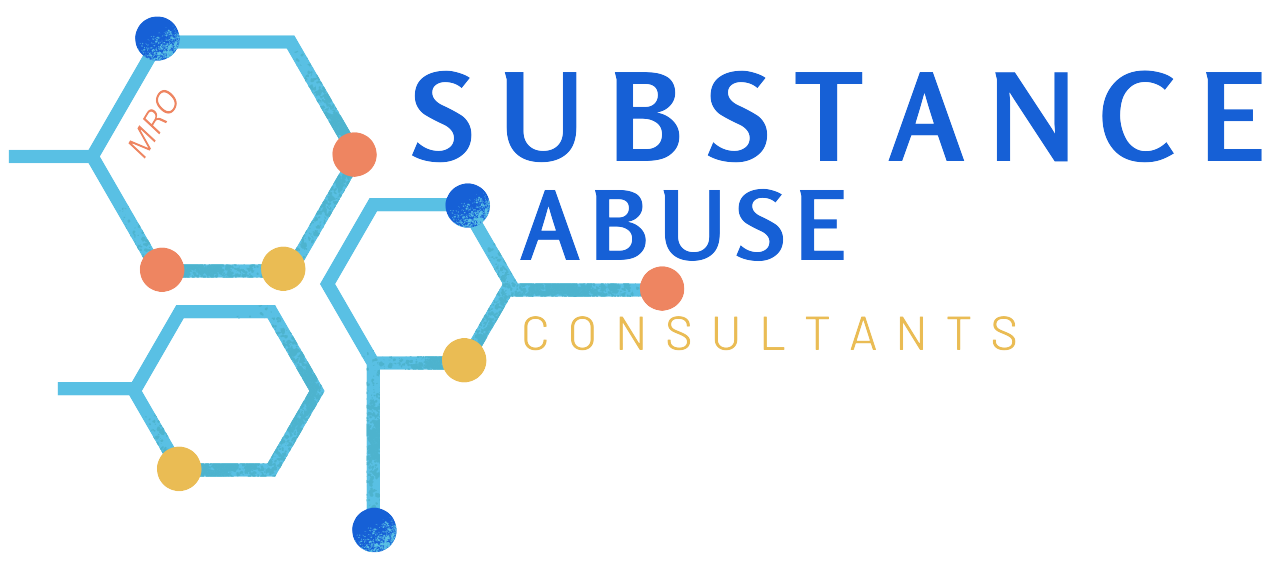
Federal Railroad Administration: Ensuring Railroad Safety and Compliance through Drug Testing Regulations
Introduction to the Federal Railroad Administration (FRA)
The Federal Railroad Administration (FRA) is a critical agency within the U.S. Department of Transportation (DOT), dedicated to promoting and enforcing rail safety regulations. One of the FRA’s significant areas of focus is the implementation and oversight of drug and alcohol testing regulations to ensure the safety and reliability of railroad operations. These regulations are outlined in 49 CFR Part 219, which details the responsibilities and requirements for various categories of railroad employees and contractors involved in safety-sensitive functions. The Federal Railroad Administration (FRA) oversees a variety of jobs and careers within the public transportation sector, ensuring safety and compliance with federal regulations. Workers in roles such as subway operators, light rail operators, maintenance technicians, and dispatchers are subject to FRA authority. These positions are critical to the safe and efficient operation of public transit systems, and thus, workers are required to undergo regular drug testing. This ensures that those responsible for transporting passengers are not impaired by substances that could jeopardize safety.
JOIN NOWBecome a Member of Our Consortium
Understanding FRA’s Drug and Alcohol Testing Regulations
Who is Subject to FRA Drug Testing Regulations?
Under 49 CFR Part 219, the FRA has designated specific groups of employees, known as “regulated employees,” subject to drug and alcohol testing regulations. These include those who perform service under the hours-of-service laws (covered service), maintenance-of-way employees defined as “roadway workers” in 49 CFR 214.7, and individuals performing mechanical tests or inspections required by various parts of the CFR on railroad rolling equipment. As of March 4, 2022, the term “regulated service” has been expanded to include the following categories:
testing regulations. These include those who perform service under the hours-of-service laws (covered service), maintenance-of-way employees defined as “roadway workers” in 49 CFR 214.7, and individuals performing mechanical tests or inspections required by various parts of the CFR on railroad rolling equipment. As of March 4, 2022, the term “regulated service” has been expanded to include the following categories:
1. Train and Engine Service Employees: This group includes conductors, brakemen, switchmen, engineers, and locomotive hostlers/helpers who are directly involved in the movement of trains or engines.
2. Dispatching Employees: These are employees who issue mandatory directives, such as train dispatchers and control operators, crucial for safe train operations.
3. Signal Employees: Employees responsible for inspecting, repairing, or maintaining signal systems to ensure safe train movements fall under this category.
4. Maintenance-of-Way Employees: Defined as roadway workers in Section 214.7, these employees perform duties crucial to the upkeep and safety of railway tracks and infrastructure.
5. Mechanical Employees: Any employee who performs mechanical tests or inspections required by Parts 215, 221, 229, 230, 232, or 238 on railroad rolling equipment or its components, as specified in Section 219.5.
Expansion to Regulated Service Contractors and Volunteers
The FRA’s regulations also extend to regulated service contractors and volunteers who perform duties for a railroad. This includes anyone performing safety-sensitive functions designated in DOT agency regulations and applicants for employment subject to pre-employment testing.
Key Components of FRA Drug and Alcohol Testing Program
Types of Tests
The FRA mandates various types of drug and alcohol tests to maintain a drug-free workplace and ensure safety in railroad operations. These include:
– Pre-Employment Testing: Required for applicants before they can perform safety-sensitive functions.
– Random Testing: Conducted unannounced to ensure ongoing compliance, by becoming a member of a random substance abuse testing pool (consortium) which is the most commonly used method. With a certified DOT qualified drug testing program.
– Post-Accident Testing: Performed after qualifying accidents to determine if drug or alcohol use was a factor.
– Reasonable Suspicion Testing: Based on specific, contemporaneous, articulable observations concerning the appearance, behavior, speech, or body odors of the employee.
– Return-to-Duty and Follow-Up Testing: For employees returning to safety-sensitive duties after a violation of drug and alcohol regulations.
Compliance and Enforcement
Compliance with these regulations is mandatory for the safety and reliability of railroad operations. The FRA conducts regular inspections and audits to ensure adherence to the drug and alcohol testing requirements. Non-compliance can result in significant penalties, including fines and suspension of operations.
Role of Employers
Employers are responsible for implementing a compliant drug and alcohol testing program. This includes training supervisors to recognize signs of drug and alcohol use, maintaining records of all tests conducted, and ensuring that testing is conducted in accordance with FRA regulations. The best and most common method of staying in compliance with FRA testing guidelines is to join a random drug testing program where a 3rd party service provider manages a DOT approved consortium such as the one Substance Abuse Consultants has.
JOIN NOWBecome a Member of Our Consortium
Conclusion
The FRA’s comprehensive drug and alcohol testing regulations are vital for maintaining safety in the railroad industry. By ensuring that all regulated employees, contractors, and volunteers adhere to these requirements, the FRA helps to minimize risks and enhance the overall safety of railroad operations. Compliance with these regulations is not just a legal obligation but a commitment to the safety and well-being of all who rely on the nation’s railroads.
For more detailed information and resources, visit the [Federal Railroad Administration’s official website].
